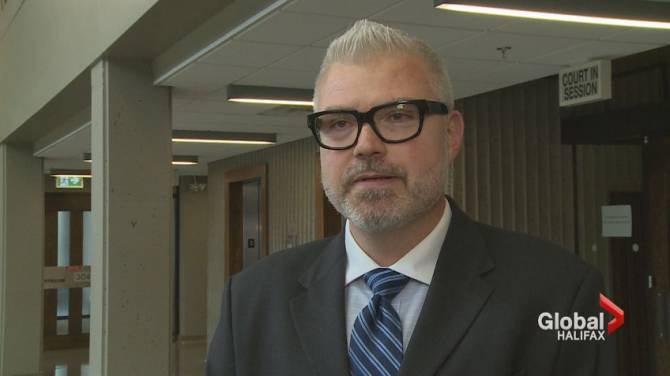A Halifax councillor says he will no longer use the term “marijuana” because it is racist, sparking a social media debate over the well-used synonym for cannabis.

Coun. Shawn Cleary says a police officer he works with on a cannabis legalization task force recently brought it to his attention that the term has a racist history.
READ MORE: N.S. marijuana activists concerned with Ontario’s plan for legalization
Cleary says in the early 1900s during the criminalization of cannabis in the U.S., “marijuana” was used to demonize marginalized communities, namely Mexicans.
He says after doing some of his own research on the term’s origins, he decided to avoid using it, saying earlier this week on Twitter: “Let’s do what we can to not perpetuate racism.”
History of the word ‘marijuana’

Get daily National news
According to Al Jazeera, the Mexican Revolution of 1910 is at fault for the rise of the term marijuana. The war saw many Mexican peasants cross into U.S. border stats, bringing with them their preferred form of intoxication, or what they called ‘maiguana.’
In an effort to marginalize the growing population, the first anti-cannabis legislation was targeted at the term “marijuana.”
As prohibition of cannabis spread throughout the southern United States, marijuana began synonymous with drug use by minority groups.
WATCH: Halifax councillor Matt Whitman does ‘Chinese fire drill’ in traffic in video posted to YouTube

Anger boils over
The tweets by Cleary have prompted a social media firestorm – sparking an argument with fellow councillor Matt Whitman denouncing Cleary’s position.
The two have since gone back and forth on Twitter with each trading barbs on the perception of race as a social construct.
Neither seem ready to back down from the topic.
At one point Cleary attempted to invite Whitman to coffee to talk about the issue offline. That idea was quickly shot down.
Cleary soon answered with an expletive-laced tweet.
Some Twitter users derided the actions of both politicians, saying both of their conduct was “unbecoming of two people elected to public office.”
Others were unaware of the word’s racist history and thanked Cleary for informing them; some questioned the validity of his comments.
— with files from Alexander Quon
- Officials stress Calgarians must save water after Bearspaw main break sees no drop in usage
- Snowmobiler dies in avalanche in Rocky Mountains in northeastern B.C.
- Yukon-Alaska border rocked by 3 earthquakes in final hours of 2025
- Canadians ring in 2026 with ‘invigorating’ polar plunges across the country







Comments